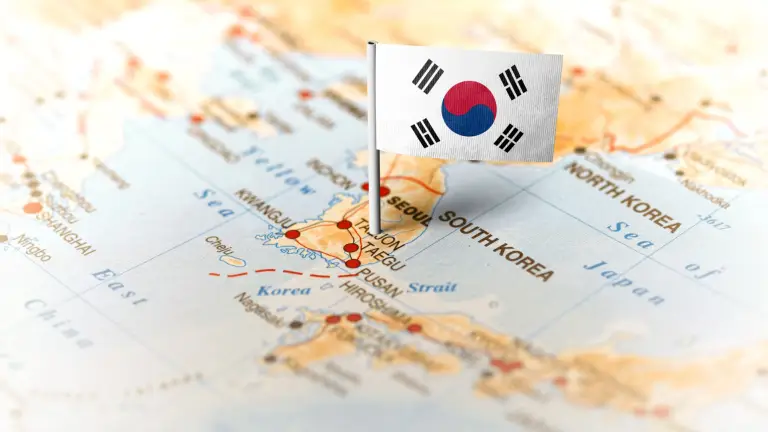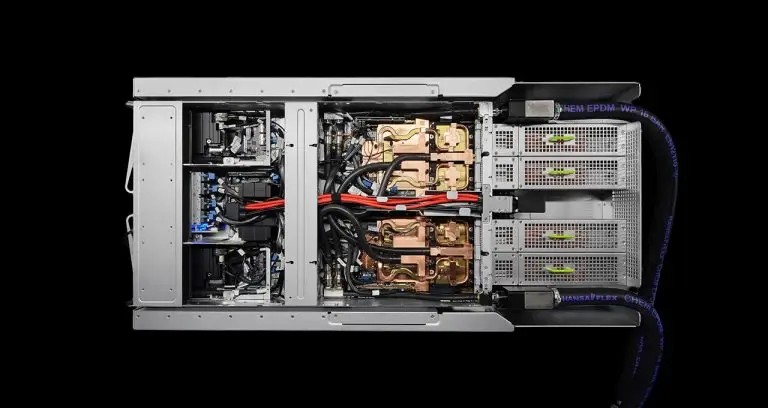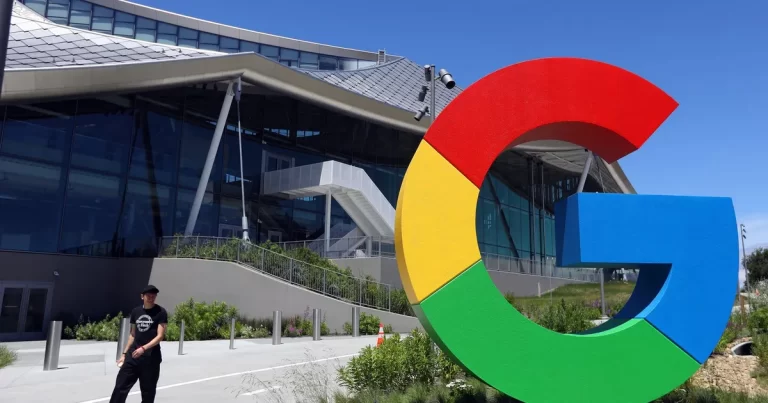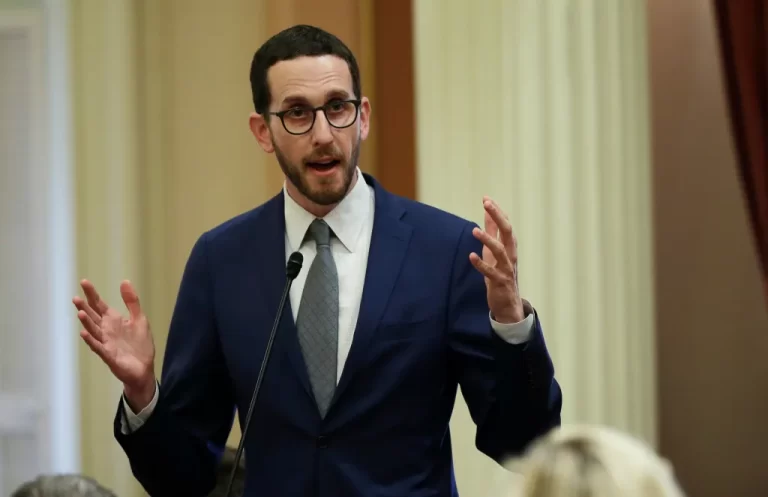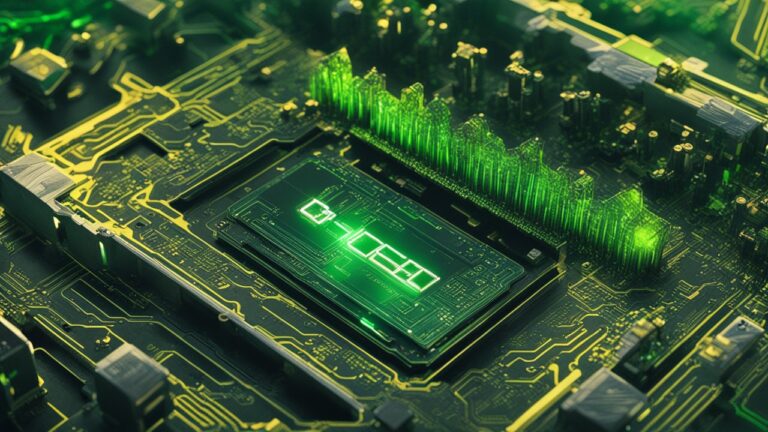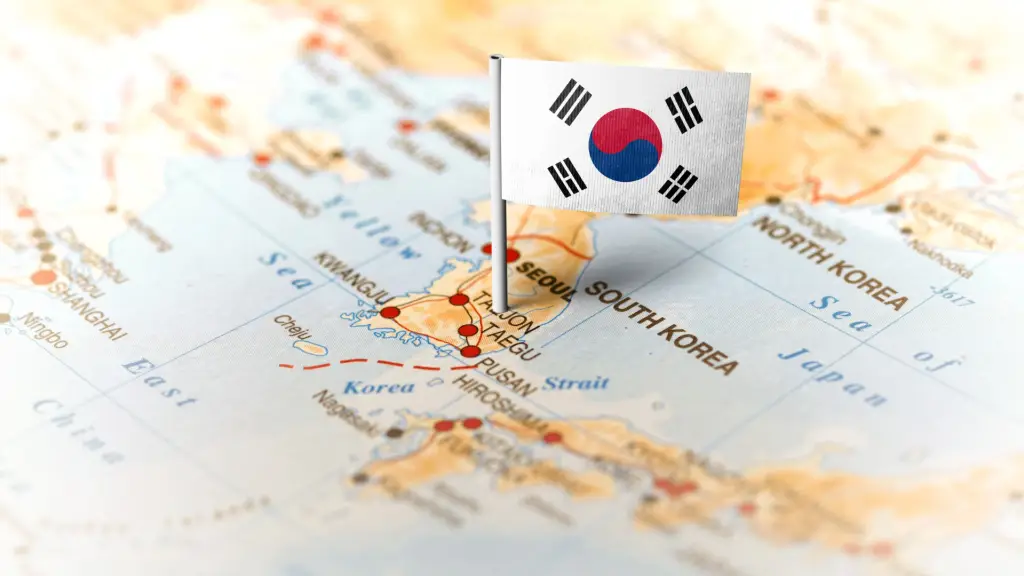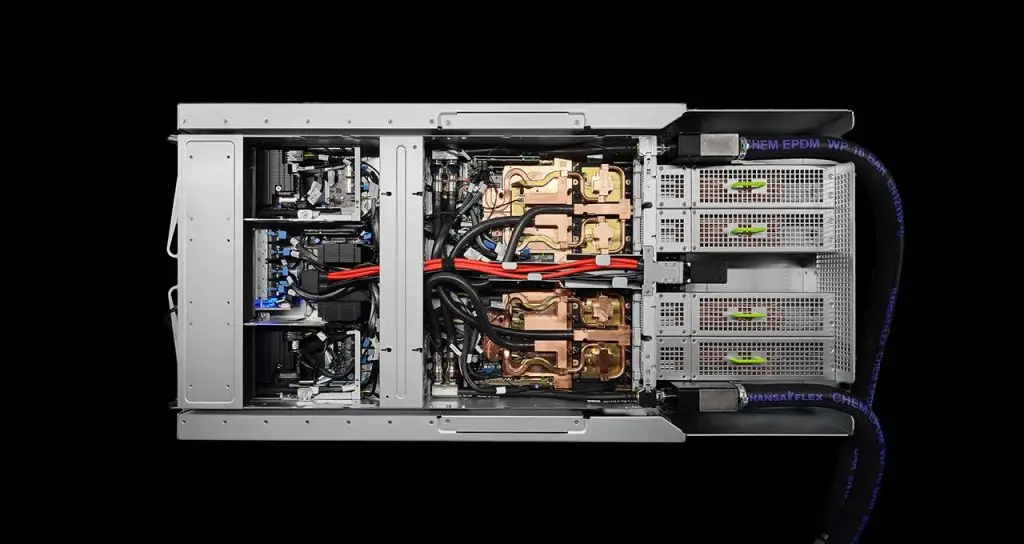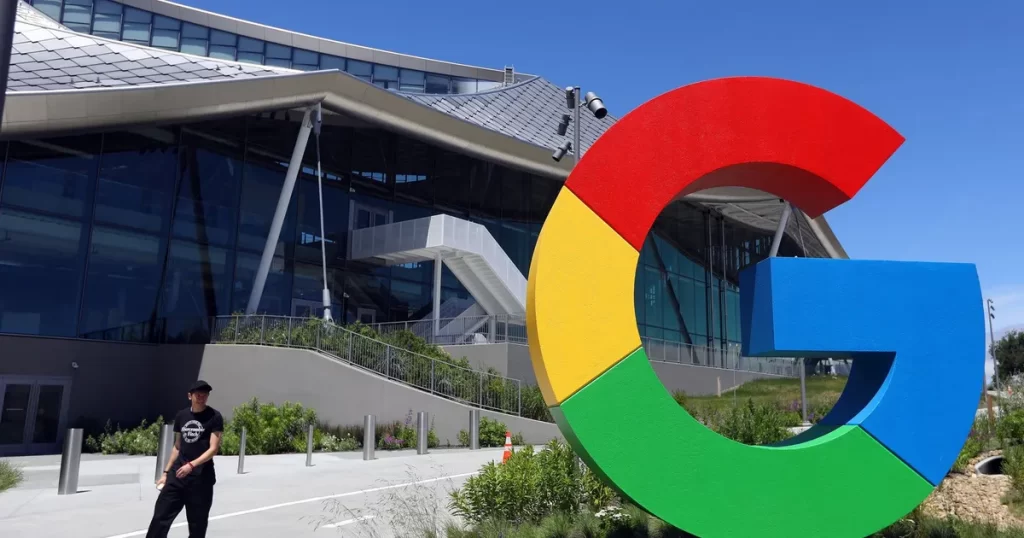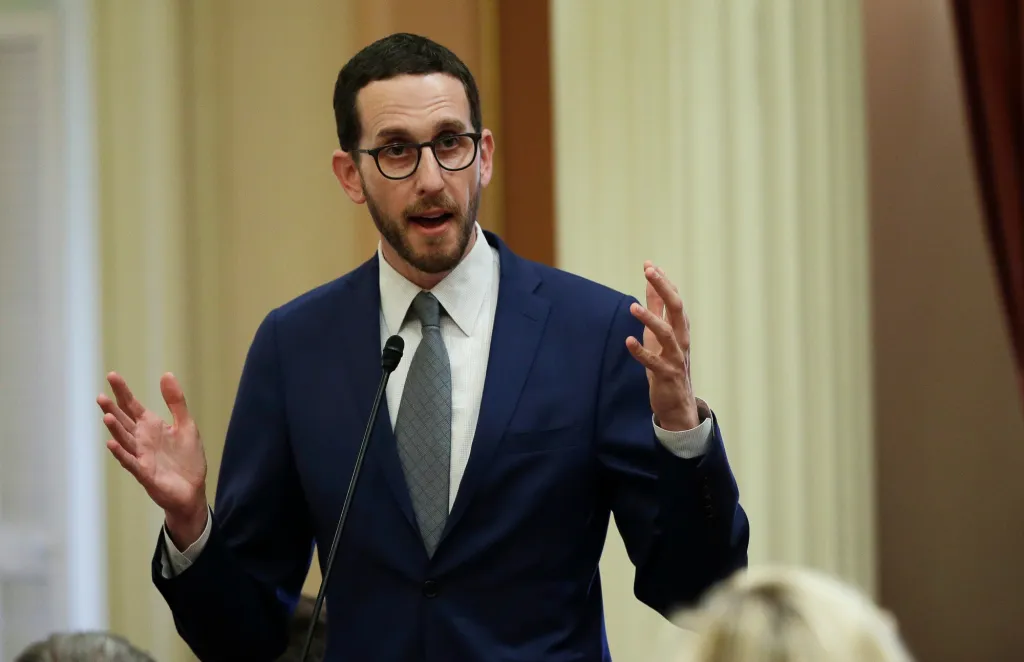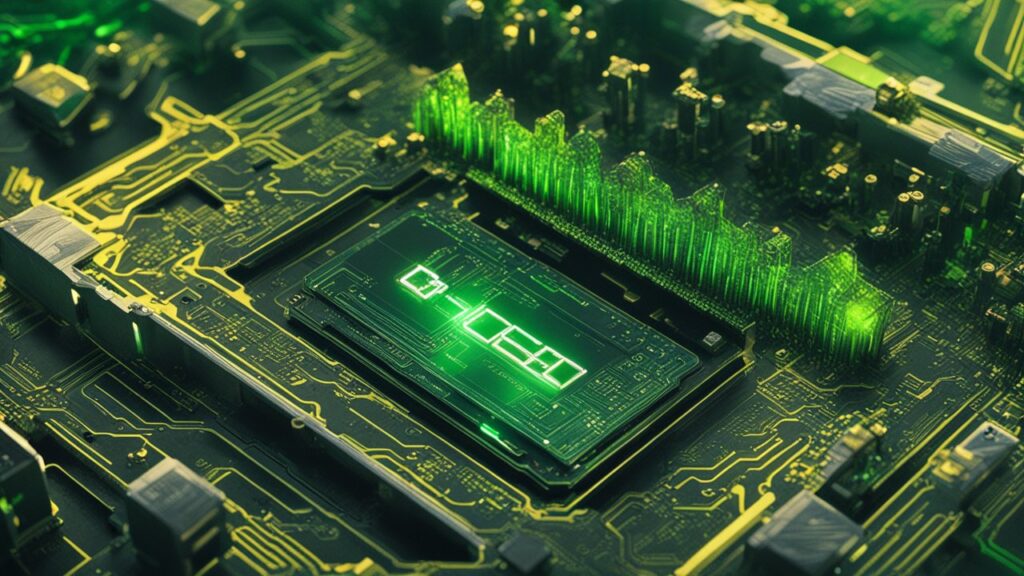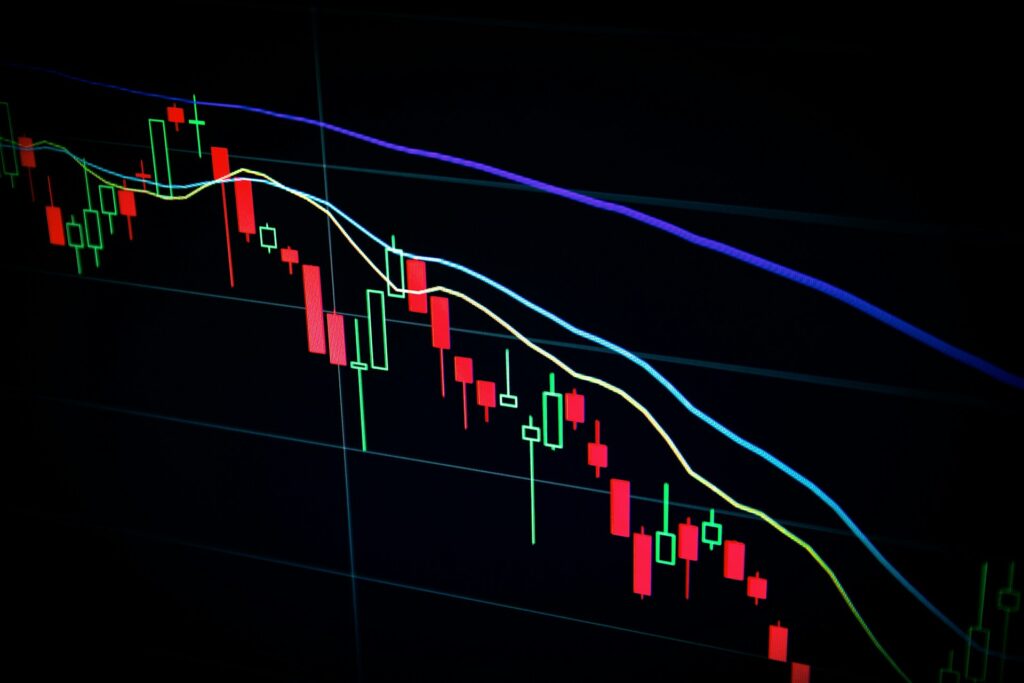
Elon Musk accuses Sam Altman, above, of violating the original principles of OpenAI.Credit John G Mabanglo/EPA, via Shutterstock
Elon Musk has reignited his legal feud with OpenAI, the creator of ChatGPT, alleging that the company prioritized profits over its initial mission to serve the public good. This renewed lawsuit brings to light a long-standing dispute that began years ago with a power struggle at the San Francisco-based startup.

Slaven Vlasic/Getty Images for The New York Times
Filed on Monday in federal court in Northern California,
Musk’s complaint asserts that OpenAI’s founders, Sam Altman and Greg Brockman, breached their foundational agreement by aligning with commercial interests, particularly through a lucrative partnership with Microsoft. This alliance, according to Musk, deviated from their original vision of developing artificial intelligence for humanity’s benefit.
The initial lawsuit was abruptly withdrawn by Musk seven weeks ago, right before a crucial court ruling. Musk’s renewed effort underscores his belief that Altman and Brockman betrayed the company’s founding principles. He accuses them of forsaking their commitment to ethical AI development by pursuing substantial financial gains.
In response, OpenAI has reiterated that Musk’s allegations are unfounded, referencing a company blog post that dismissed his earlier claims. The post included emails suggesting that Musk himself attempted to commercialize OpenAI before his departure in 2018.

OpenAI maintains that their mission remains to create artificial general intelligence (AGI) that benefits humanity.
They argue that their partnership with Microsoft is in line with this goal, aiming to ensure that the benefits of AGI are widely distributed.
Musk’s departure from OpenAI in 2018 followed a series of disagreements and a withdrawal of his financial support. As a result, Altman transformed OpenAI into a for-profit entity, securing $13 billion in funding from Microsoft. This pivot led to the release of ChatGPT in 2022, sparking an AI revolution among major tech companies and startups alike.
Despite this progress,
Musk continues to voice concerns over AI’s potential risks, establishing his own AI firm, xAI, while remaining critical of the technology’s unchecked development. His lawsuit suggests that OpenAI’s exclusive licensing agreement with Microsoft contradicts their original promise to freely share their technology.
The new legal filing also accuses OpenAI of violating federal racketeering laws, claiming that Altman and Brockman intentionally misled Musk. The lawsuit seeks to void OpenAI’s contract with Microsoft, arguing that OpenAI’s systems have not yet achieved AGI, a goal that remains out of reach according to most experts.
In recent developments, OpenAI announced their work on a successor to GPT-4, anticipating further advancements in AI capabilities. Valued at over $80 billion, OpenAI’s journey contrasts sharply with Musk’s own company, xAI, which is valued at $24 billion.
This unfolding legal battle not only highlights the ethical dilemmas in AI development but also underscores the tension between visionary ideals and commercial realities in the tech industry.




